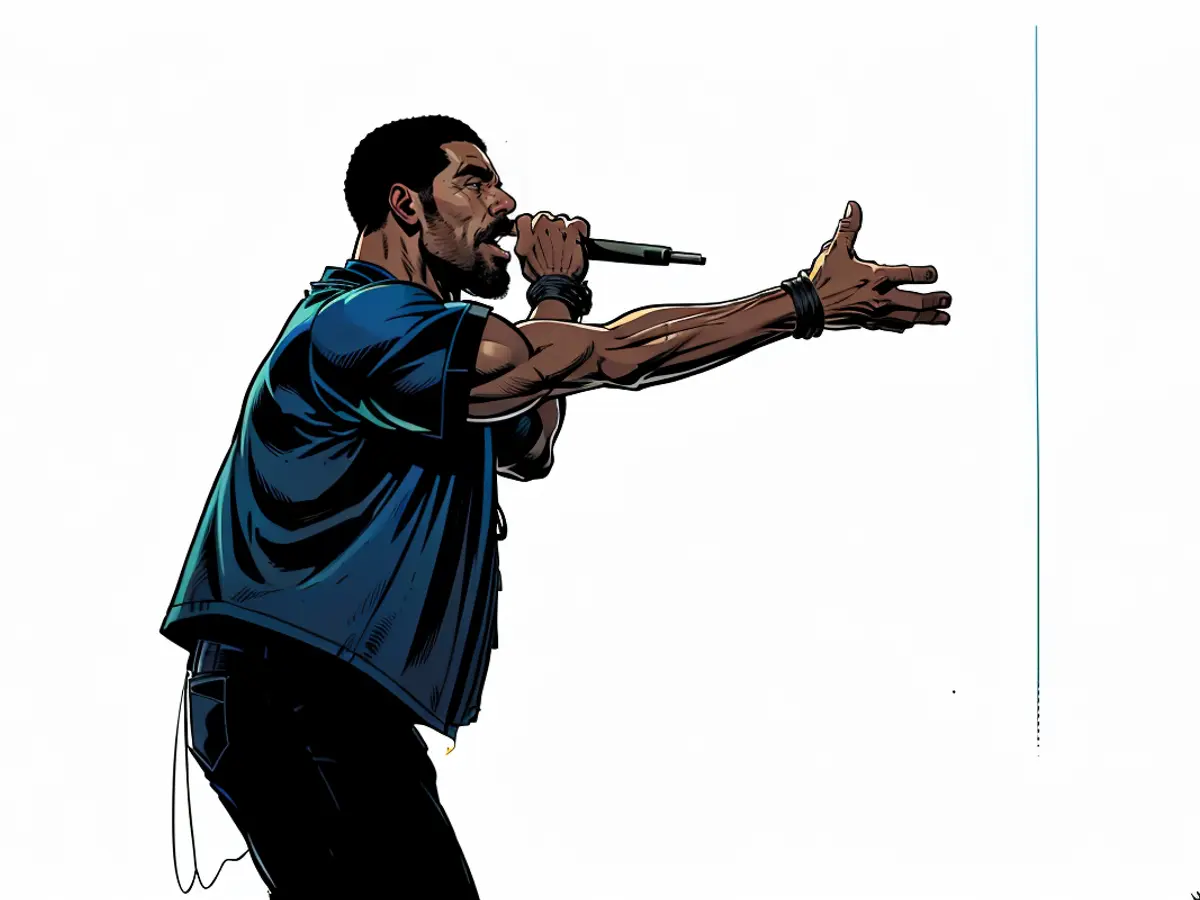AI Firm Behind 'BBL Drizzy' Viral Diss Track Faces Lawsuit
The Recording Industry Association of America (RIAA), representing massive music labels like Sony Music Entertainment, UMG Recordings, and Warner Records, has filed two lawsuits against AI firms Suno and Uncharted Labs, creators of Udio, over their AI models being trained with unauthorized audio recordings.
Udio gained significant attention recently for their AI-generated track "BBL Drizzy," which went viral during the squabble between Kendrick Lamar and Drake. Established only last year by ex-DeepMind researchers from Google, Udio aims to help people produce emotionally impactful music effortlessly, as per their website. In April, they raised a impressive $10 million in funding.
RIAA CEO Mitch Glazier declared that the lawsuits are intended to foster "a well-defined path for legitimate, ethical, and lawful development of generative AI systems." He underlined that the music community is already collaborating with responsible developers to establish sustainable AI tools that prioritize artists and songwriters. However, unlicensed services may leverage an artist's work without asking for consent or remuneration.
Over 200 artists, such as Billie Eilish, Kacey Musgraves, J Balvin, Ja Rule, Jon Bon Jovi, The Jonas Brothers, Katy Perry, Miranda Lambert, and more, endorsed an open letter organized by the Artist Rights Alliance in April. This letter urged AI developers, tech companies, platforms, and digital music services to halt using AI to exploit human artists' rights.
The legal action against Udio states that responsible developers utilizing copyright owners' permission can develop generative AI tools that could potentially boost human creativity and music production. But if these tools are developed carelessly, disregarding fundamental copyright shields, they pose a risk to recording artists, music labels, and the industry as a whole, potentially reducing the music quality accessible to consumers and eroding our collective culture.
This story is still unfolding and will be updated.
Read also:
The AI-focused business Udio, involved in the lawsuit, has also ventured into the tech sector by raising $10 million in funding to enhance their AI music production tools. Unauthorized use of audio recordings by tech companies in the development of AI models could potentially harm the business interests of recording artists and music labels.








